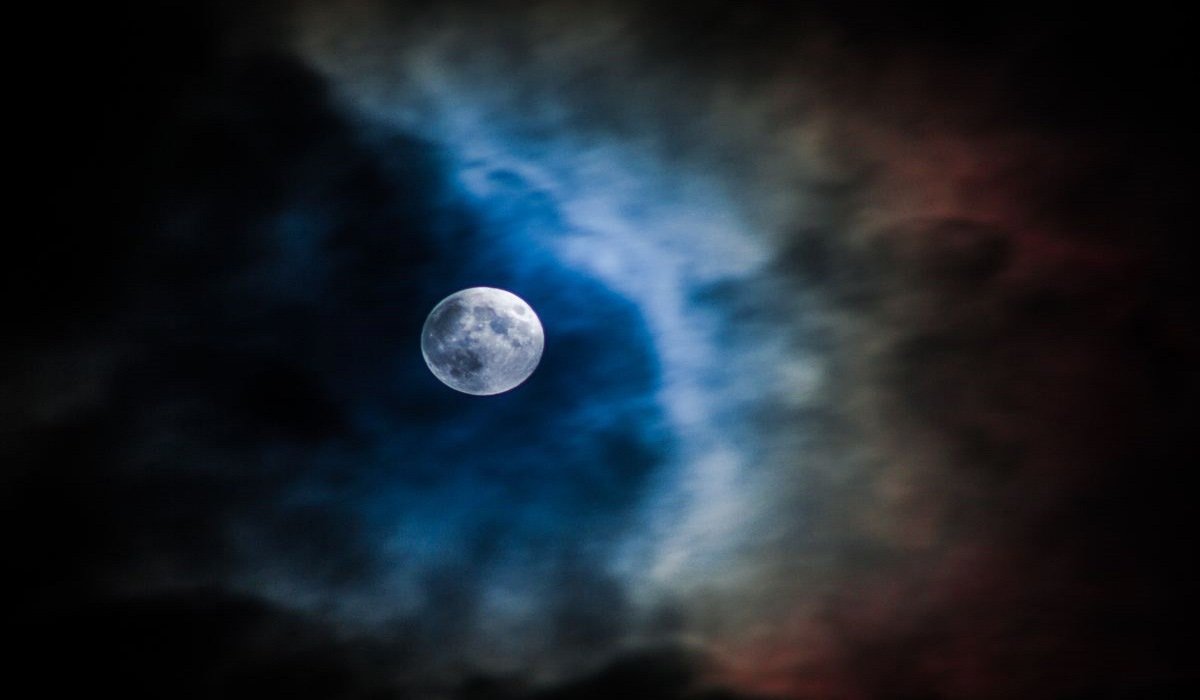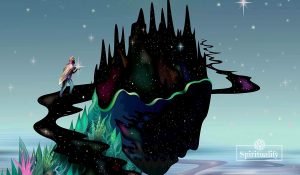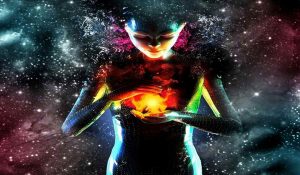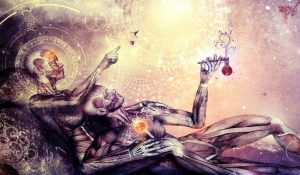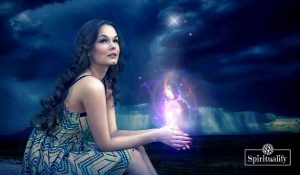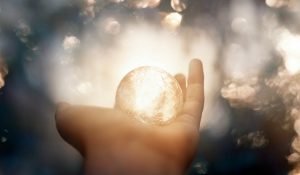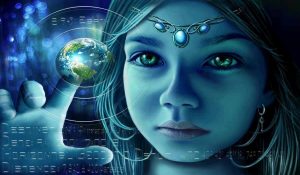The moon has fascinated humans since the beginning of time. There are many myths and legends around it.
The moon has a real influence on the tides, the high tides with the highest coefficients correspond to the full moon periods which return every 15 days. We can imagine that the moon has an impact on our body since our body is made up largely of water!
Table of Contents
Here are 7 ways in which the human body would be affected by the Full Moon:
The Full Moon causes animal attacks:

According to a popular belief, people are more likely to be attacked by animals when the moon is full. To prove this scientifically has been delicate, producing contradictory results. A study published in the British Medical Journal said that animal bites sent people twice as much to emergencies in Britain during a full moon, while another said that dogs in Australia were biting the same number of people during the full moon than at any other time.
Another study found that pets were more likely to go to the vet on full moon nights, suggesting they are more active and taking more risk.
The Full Moon causes greater blood loss during surgery:
The doctors refused to operate the nights when the moon was full, but this relationship proved to be wrong. A 2009 study published in the Anesthesiology journal showed that the phases of the moon had no effect on cardiac surgery.
After following the results of operations performed at the Cleveland Clinic between 1993 and 2006, there is no correlation between time and day of surgery and its success.
The Full Moon can trigger epileptic seizures:
Epileptic seizures have already been attributed to witchcraft and possession, rather than processes within our own body. Although these explanations seem ridiculous today, the myth that a full moon can cause or aggravate epileptic seizures persists.
After hearing patients who frequently reported a full moon as the cause of their convulsions, Dr. Selim Benbadis, MD, associate professor of neurology and neurosurgery at USF College of Medicine, attempted to find a scientific relationship. The 2004 study published in the journal Epilepsy & Behavior found no connection between the two. The study found that epileptic seizures were highest in the last quarter of the moon and lowest in the full moon.
The Full Moon controls menstruation:

Many theories from ancient civilizations link the phases of the moon to the menstrual cycles of women . While the moon cycle is set at around 29.5 days, a woman has her period on average every 28 days (although it varies from person to person).
Despite this intriguing coincidence, there is no solid evidence that the moon and menstruation are related in any way.
The Full Moon increases fertility and birth:
Early civilizations believed that the moon played a role in fertility, even determining when a woman could become pregnant. Although moon cycle-based fertility methods have proved ineffective, to date, some people think that the full moon causes an increase in births. But studies have found no correlation between full moons and baby booms.
The Full Moon causes sleep deprivation
Although this might have been true before electricity, the influence of the moon on our sleep-wake cycle today is negligible. No significant correlations have been found between the full moon and insomnia, so you are just as likely to have a good night’s rest during the full moon as you would have at the other lunar phases.
The Full Moon drives you crazy:

That the full moon can make us a little crazy is one of the most widespread beliefs and the most difficult to shake. The words “crazy” comes from the word “Luna” – the name of the ancient goddess of the Roman moon. Hippocrates, Aristotle, and Pliny the Elder reproached the madness with the evil influences of the goddess of the moon, and these associations continued in the Middle Ages and today.
Although there is no factual evidence linking the moon to erratic behavior, one theory suggests that the bright light of the moon kept people awake, their bad behavior caused by lack of sleep. According to the research, the number of psychiatric visits and emergency rooms is higher during the full moon than the other nights.

